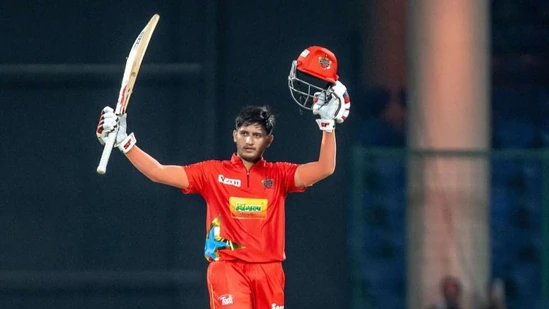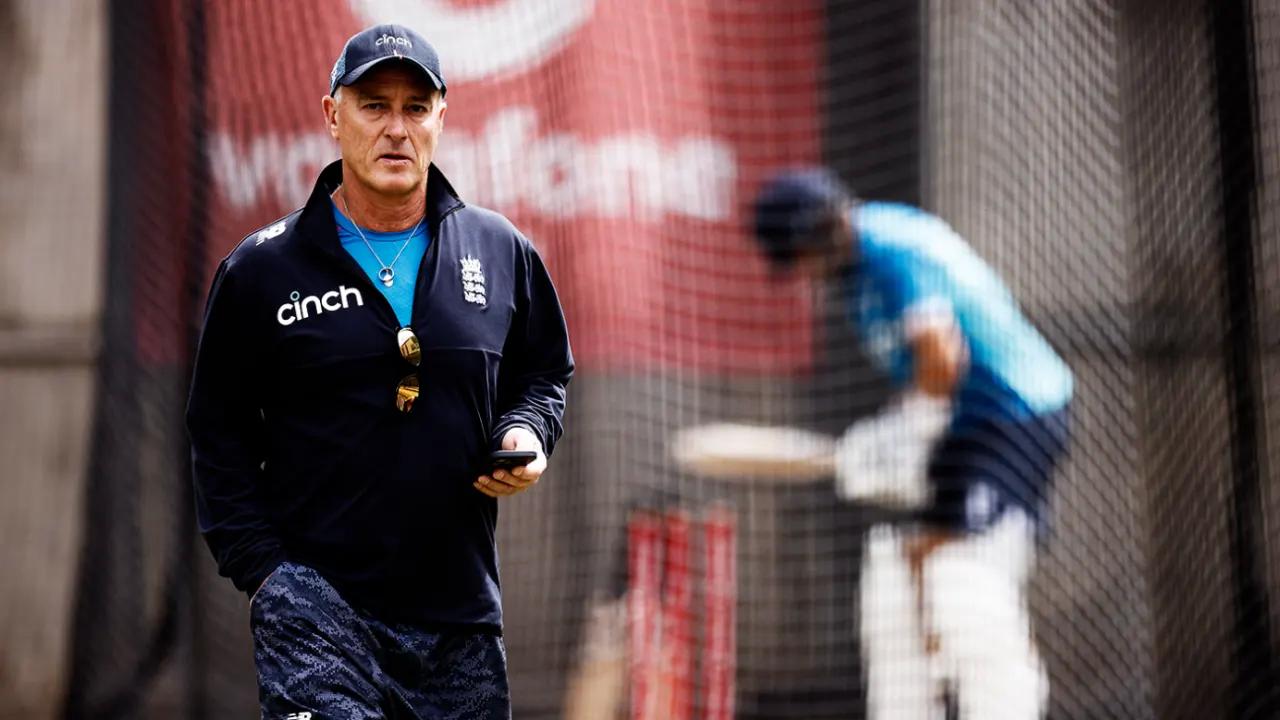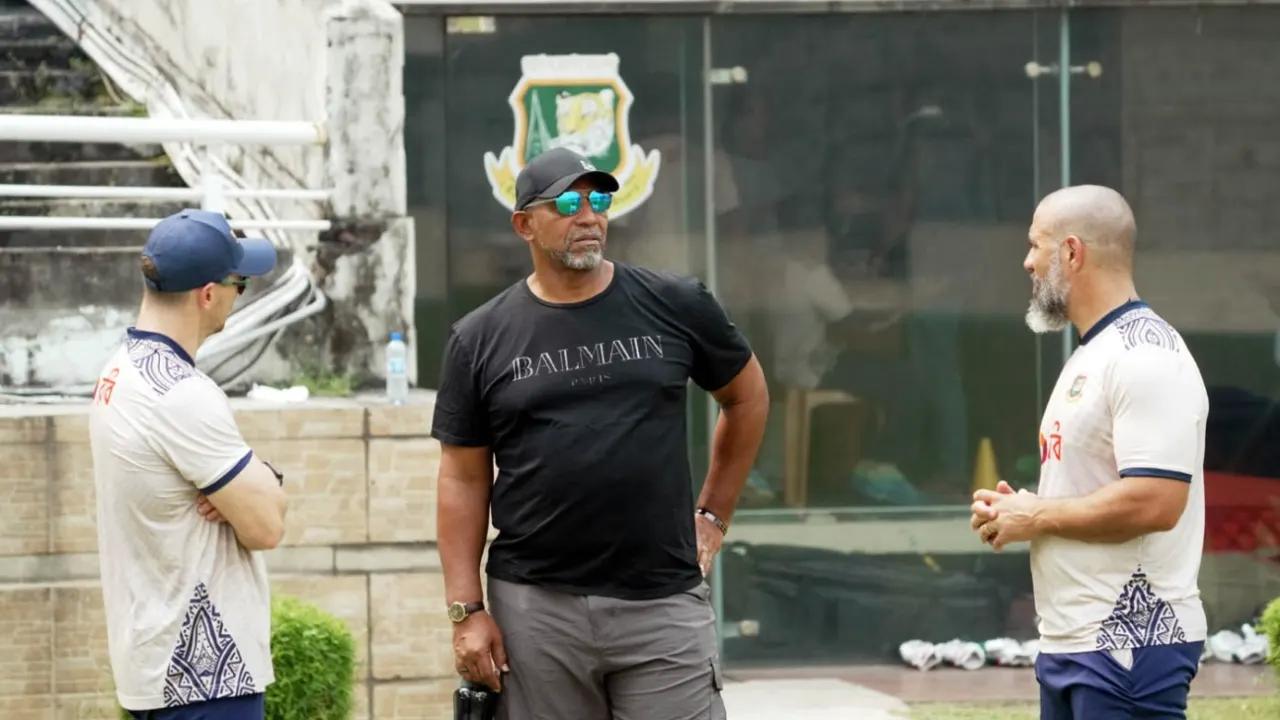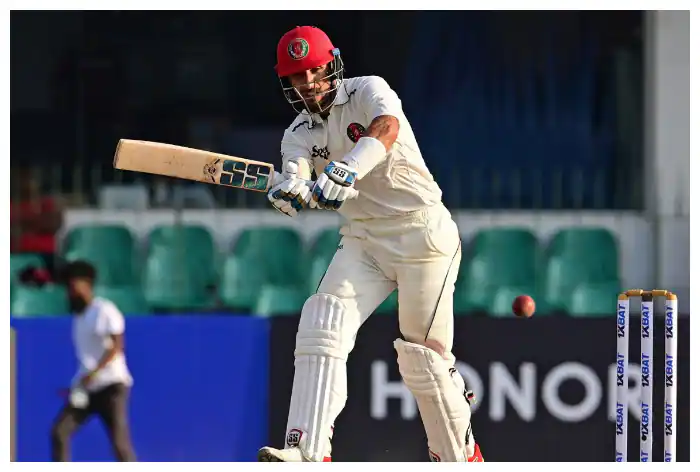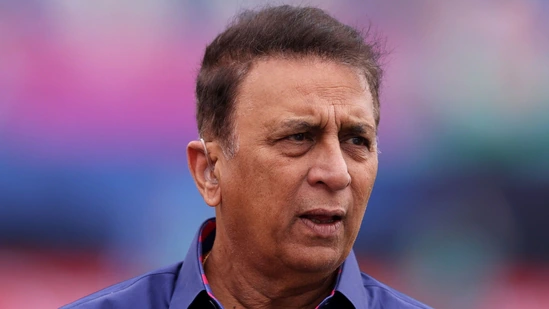Bangladesh to seek UN support in retaining hosting rights for Women's T20 World Cup
The Bangladesh government is urgently seeking support from the United Nations (UN) in order to retain hosting rights for the upcoming Women's T20 World Cup. Asif Mahmud, the youth and sports adviser of Bangladesh's interim government, has expressed intention to engage with the UN and highlight the detrimental impacts of travel restrictions imposed by certain countries on their citizens wishing to travel to Bangladesh for the event.
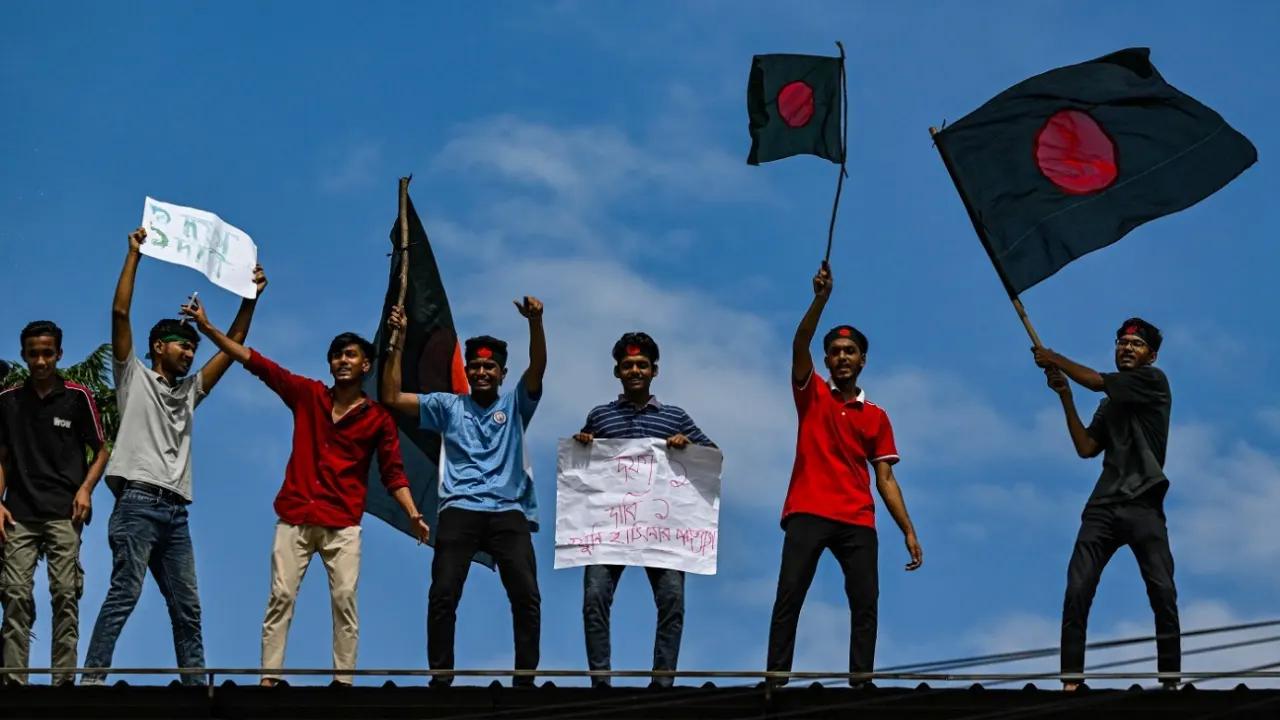
On Saturday, the ICC informed the participating boards that it is still monitoring the situation in Bangladesh, and that it will consider all options, including moving the tournament elsewhere. As it stands, the governments of Australia, the United Kingdom (England and Scotland), India and New Zealand have either asked their citizens not to travel to Bangladesh or discouraged them from doing so.
ESPNcricinfo has learned that the BCB considers this as its biggest barrier to the hosting of the tournament. Travel bans or restriction announcements can only be lifted by the respective governments, and cricket boards have little influence over them.
"There are travel restrictions for some countries and so we will speak with the United Nations," Mahmud said. "There are some issues regarding security and infrastructure and we will talk in this regard with professor Yunus [chief adviser to Bangladesh's interim government]. He is a sports lover and hope that he can resolve the matter."
Related
Anamul recalls 'sleepless nights' after losing close friend in student protests
Bangladesh in turmoil: how will cricket be impacted?
BCB set to meet new sports head as calls for reform grow louder
The uncertainty regarding the World Cup comes at a time when the BCB is also going through a major crisis. Their president, Nazmul Hassan, also the former sports minister, has gone missing since the fall of the Awami League government on August 5. Several directors who have direct or indirect political connections, are also untraceable.
Mahmud said that he discussed the possibility of an interim body to run the BCB, but he was aware of the board's autonomy in its decision-making.
"The BCB president is missing. Of course, for a federation to function, all of its organs need to work. The president holds an important responsibility and he is absent. The BCB is an autonomous federation and we cannot give them any decision.
"We have suggested to the BCB directors to look at how to resolve the issue within the ICC's legal framework. They will report to us later on whether to appoint someone for an interim period. We will continue the process in this regard.
"We want to make required changes but at the same time we need to follow a process. We don't want to change the person; rather, we want to change the system so that whoever comes in by following that system, corruption cannot return and we want to take steps so that we can make a permanent solution."
'We lack in planning' - Former BCB secretary calls for change
There is a growing call for reform in the BCB within the cricket community in Bangladesh, with former BCB general secretary Syed Ashraful Huq also joining in.
Huq, who is regarded as one of the main architects of Bangladesh cricket, especially for his involvement in bringing ICC Full Membership to the BCB in 2000, said that the BCB's functioning has been disappointing.
"The BCB needs reform," Haq said. "We gained Full Membership in 2000 but apart from some infrastructural development, we haven't seen much improvement in our performance in the last 24 years. BCB doesn't own a cricket ground, for instance. We lack in planning, and even when we have a plan, nobody has delivered on it.
"BCB officials don't lack in experience. Many of the directors are involved for 20-30 years, so their failure is quite disappointing."
RELATED STORIES
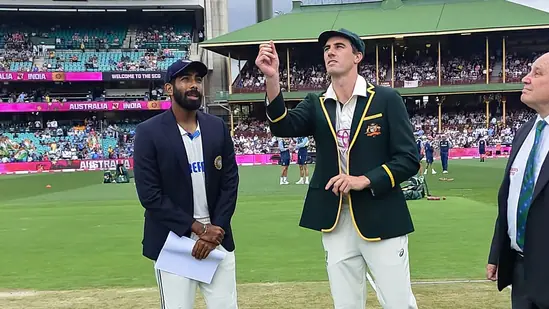
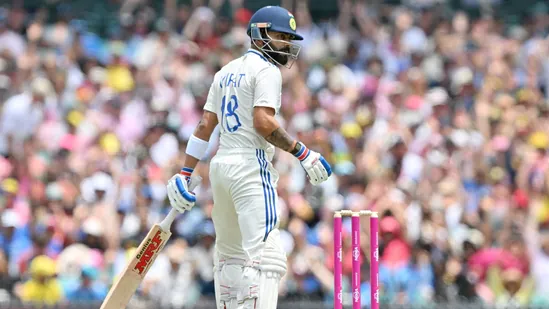
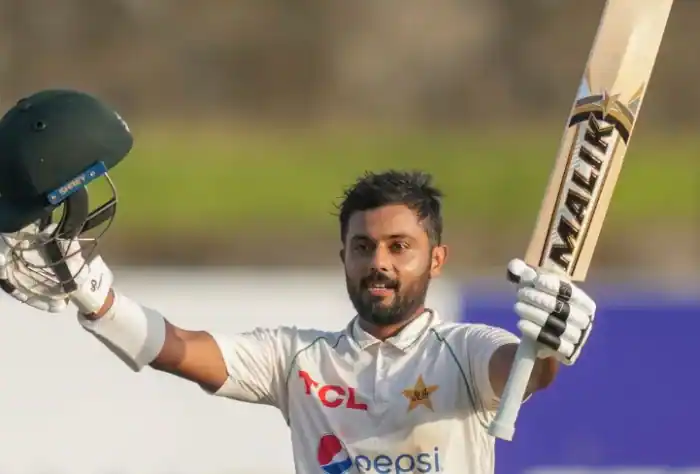
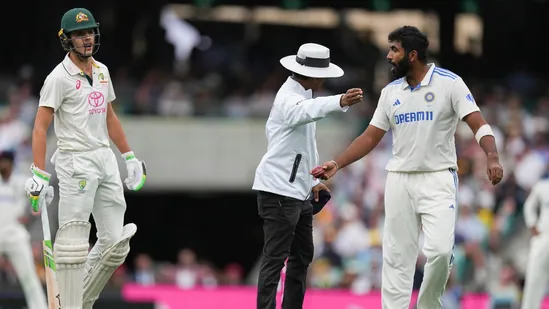
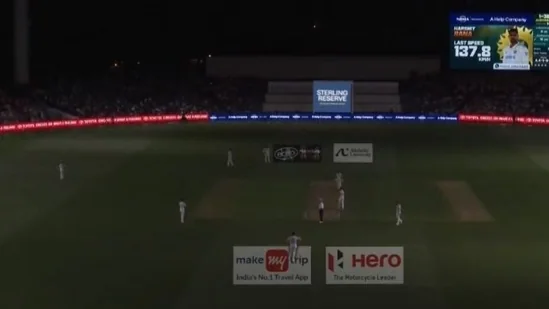

LATEST NEWS

